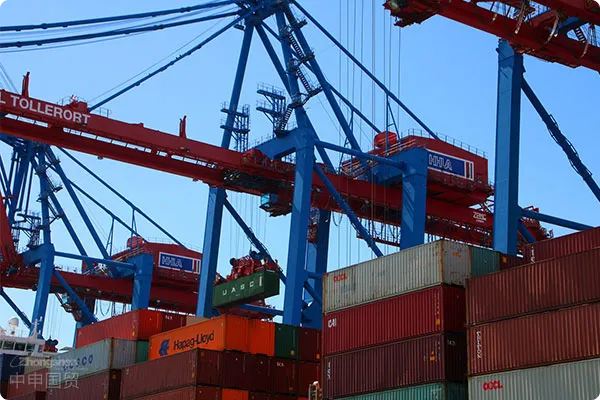- Shanghai Zhongshen International Trade Co., Ltd. - Two decades of trade agency expertise.
- Service Hotline: 139 1787 2118
Against the backdrop of increasingly tense economic and trade relations between Europe and China, the German government recently announced a ban on the sale of marine gas turbines by MAN Energy Solutions, a subsidiary of Volkswagen Group, to Chinas Longjiang Guangan Gas Turbine Co., Ltd. (GHGT). This ban has attracted widespread attention, not only for its impact on trade between Germany and China but also due to its complex background involving multiple political and economic factors.
According to German media reports, this ban was made under strong pressure from the White House on Berlin. The White House believes that GHGT has close ties with Chinas defense industry, and the gas turbines produced by MAN could be installed on Chinese warships, potentially enhancing Chinas military capabilities. Therefore, citing national security concerns, Germany decided to block this transaction.
This decision will undoubtedly have profound implications for Sino-German economic and trade relations. As Europes largest economy, Germany has close economic ties with China, especially in manufacturing and high-tech sectors. However, under current geopolitical circumstances, Germany has had to compromise under U.S. pressure, highlighting its complex position in international politics.

In stark contrast to Germany, Russia is actively strengthening bilateral cooperation with China. During his visit to Harbin, Heilongjiang Province, for the 8th Russia-China Expo and the 4th Interregional Cooperation Forum, Russian President Vladimir Putin emphasized the potential for cooperation between Russia and China in various fields.
Putin stated that Russia supports Chinas intention to localize production on Russian territory and is ready to provide economic benefits, assistance, and support to investors. He noted that Russia and China are engaged in several large-scale cooperation projects, including in-depth collaboration in energy and automotive manufacturing. Putin also mentioned that Russia is willing to provide Chinese enterprises with reliable energy supplies, including environmentally friendly and affordable natural gas, light, and heat.
Energy cooperation is particularly strong between Russia and China. To meet the growing demand for Russian energy exports to China, Moscow and Beijing are planning to sign a contract for the construction of the second line of the Power of Siberia super gas pipeline. According to Russian Deputy Prime Minister Alexander Novak, both sides intend to complete the review process soon and sign a contract to build a 50 billion cubic meter gas pipeline through Mongolian territory. This project will not only further strengthen energy cooperation between Russia and China but also provide China with more stable energy supplies.
Beyond energy, cooperation between Russia and China in other economic sectors is also deepening. Putin mentioned at the forum that Chinese automakers are actively entering the Russian market, and Russia not only welcomes Chinese enterprises to produce locally but is also willing to offer economic benefits, technical assistance, and access to highly skilled employees for Chinese investors.
Before attending the opening ceremony of the Russia-China trade talks, Putin also laid a wreath at the monument to Soviet soldiers who died in the liberation of Northeast China during the Anti-Japanese War.
Related Recommendations
? 2025. All Rights Reserved. 滬ICP備2023007705號(hào)-2  PSB Record: Shanghai No.31011502009912
PSB Record: Shanghai No.31011502009912









